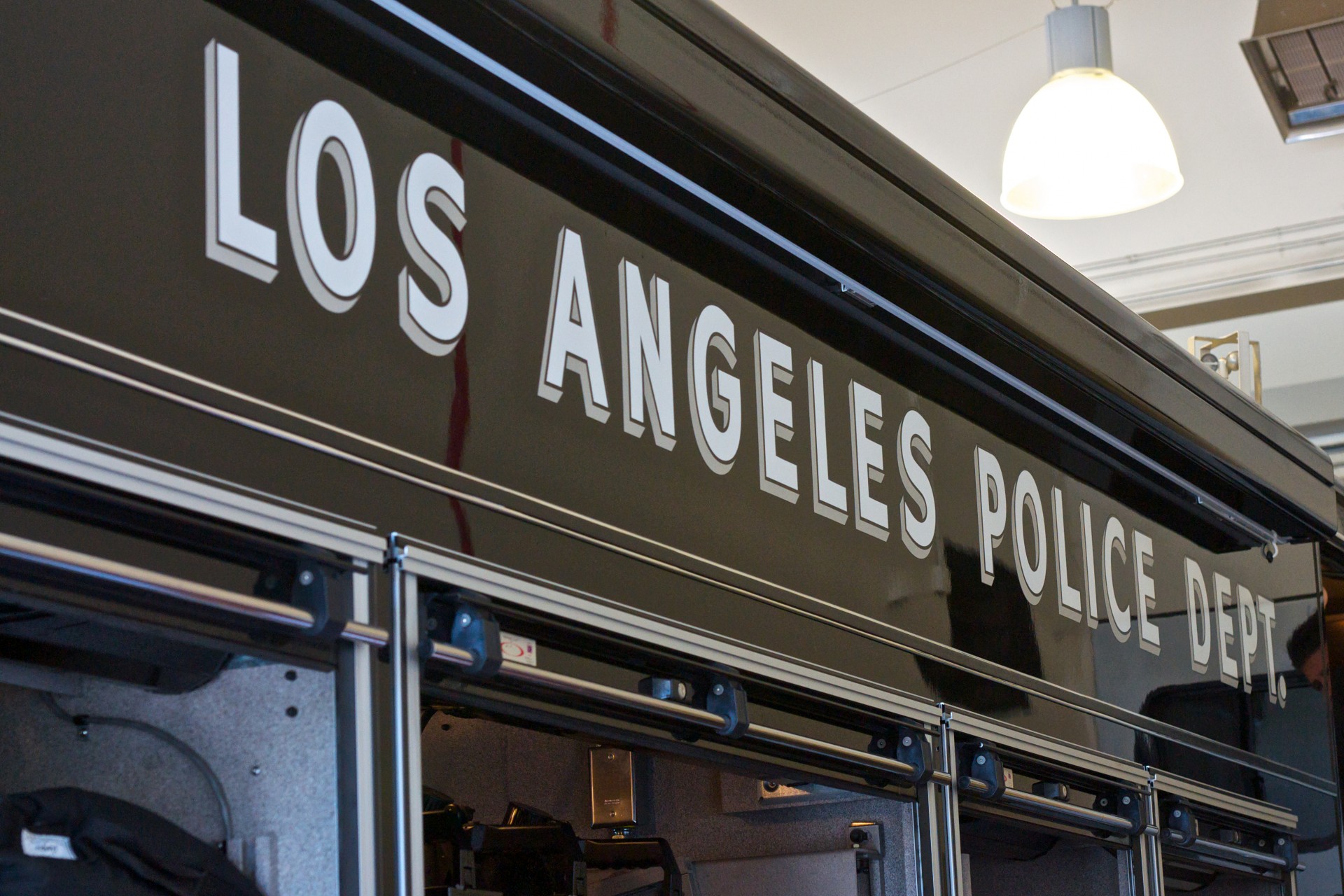No Charges for Off-Duty Police Officer Who Fired Sidearm in Dispute with Teenager
An off-duty Los Angeles police officer fired his gun at the ground during an altercation with teenagers.
 The initial confrontation was part of an ongoing dispute with several juveniles who walked across the officer’s lawn. The dispute escalated one afternoon into a full blown confrontation between one teen in particular and the off-duty police officer.
The initial confrontation was part of an ongoing dispute with several juveniles who walked across the officer’s lawn. The dispute escalated one afternoon into a full blown confrontation between one teen in particular and the off-duty police officer.
According to the officer’s account of what happened, the teen said he would shoot the officer. While the juvenile tried to walk away, the officer physically detained the boy while the officer waited for police. At this point, several other teenagers joined in. Two juveniles knocked the officer to the ground, and when a group began surrounding the officer, he withdrew his gun and fired a shot at the ground. No one was injured but the altercation was caught on cell phone footage.
Criminal Charges against the Juveniles
The 13-year-old boy who had the initial confrontation with the off-duty police officer was arrested but released after being booked. He was charged with criminal threats and battery. His 15-year-old friend who engaged in the altercation was also arrested on suspicion of assault and battery but was released to his parents.
Criminal Charges Defined
In California, the crime of criminal threats is defined as putting someone in fear. In this case, the 13-year-old was charged for criminal threats because the officer and several eyewitnesses, many of whom were teenagers themselves, corroborated the officer’s story that the teen threatened to shoot the officer.
Assault is found when a person threatens bodily harm and creates a fear of harm in another person. It’s a common misconception that it must also be accompanied by some sort of touching. It does not, so words alone can constitute assault if it could reasonably create a fear of harm. However, in criminal law, it’s often coupled with battery.
Battery is offensive physical contact with another person, either with or without consent. You will notice that while battery has a touching element, assault does not.
Possible Charges against the Officer
A lot depends on what the officer said and did. From the camera footage and by his own account, we see that he was grabbing the 13-year-old teen. Based on the touching alone, he could have been charged with battery. If he also accompanied his touching with threats against the teen, he could have also been charged with assault.
False imprisonment occurs when a person is restricted in his or her movement without legal authority or justification. Here, the officer held the teenager down, but it appears he had valid justification – he was containing the boy until police arrived. He wouldn’t have been charged with false imprisonment.
Nor would he have been charged with excessive force by a police officer. An officer’s force is “excessive” if it results in serious injury or even death while arresting a suspect. Excessive force is only found when an officer is acting in his or her capacity as a law enforcer. The officer in this case was acting as an off-duty private citizen.
Why Wasn’t the Officer Charged?
To put it simply, there wasn’t enough evidence to charge him with a crime. After the fact, it is easy to say that he shouldn’t have drawn his gun, especially when he’s a grown man involved in a confrontation with a 13-year-old boy over something as inconsequential as crossing his lawn. The officer is bigger, stronger, and older. The juvenile did not appear to be armed. Nevertheless, eyewitness reports demonstrate the teenager said repeatedly he was going to shoot the officer. Camera footage also shows the officer being tackled by two teenage boys. The threats of violence coupled with being tackled to the ground reasonably made the officer feel threatened.
A person has a right to defend him or her self – known as self-defense – meaning they can use reasonable force to protect oneself. Not everyone carries a gun, and certainly it wouldn’t be the first mode of defense for most people, but the officer didn’t shoot at anyone and thankfully no one was hurt. Whether the force he used to protect himself was reasonable is really subjective.
Right or wrong, the officer wasn’t charged, but the potential reprimand from his job and fallout in his community may just be punishment enough.
What our clients think
At LegalMatch, we value our client’s opinion and make it a point to address their concerns. You can refer to our reviews page if you want to know what our clients have to say about us.


Comments